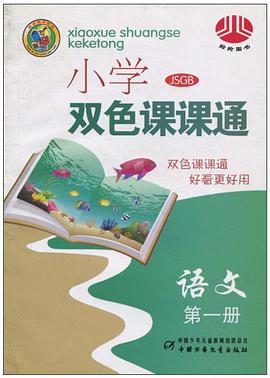

Examines the use of antidumping laws as 'temporary adjustment' safety valves. This book also examines the definition of dumping and antidumping, evaluating antidumping regulation at the national and WTO level. It reviews WTO antidumping law, and looks at the antidumping experience of two developing countries: Egypt and India.
There is an on-going - and often heated - debate in developing countries on whether the WTO requirements for trade liberalization serve the interests of these nations. Accordingly, the importance of the instruments used to regulate trade, such as antidumping laws, are exceedingly important. This timely work aims to examine the use of antidumping laws as 'temporary adjustment' safety valves. That is, domestic industries suddenly exposed to international competition require measures to help them cope with the new market conditions. The book is divided into six chapters: the introductory chapter initially examines the definition of dumping and antidumping. It then evaluates antidumping regulation both at the national and WTO level. The second chapter reviews current WTO antidumping law. The third and fourth chapters look at the antidumping experience of two developing countries: Egypt and India. The fifth chapter examines how current competition law deals with the practice of dumping. Accordingly, the price discrimination and predatory pricing law of both major competition law jurisdictions, the US and EU, are examined. This chapter aims to answer the question of whether competition law in its current form can replace antidumping law. The work's final chapter looks at economies of scale as barriers to effective competition.
具体描述
读后感
评分
评分
评分
评分
用户评价
相关图书
本站所有内容均为互联网搜索引擎提供的公开搜索信息,本站不存储任何数据与内容,任何内容与数据均与本站无关,如有需要请联系相关搜索引擎包括但不限于百度,google,bing,sogou 等
© 2025 book.wenda123.org All Rights Reserved. 图书目录大全 版权所有




















